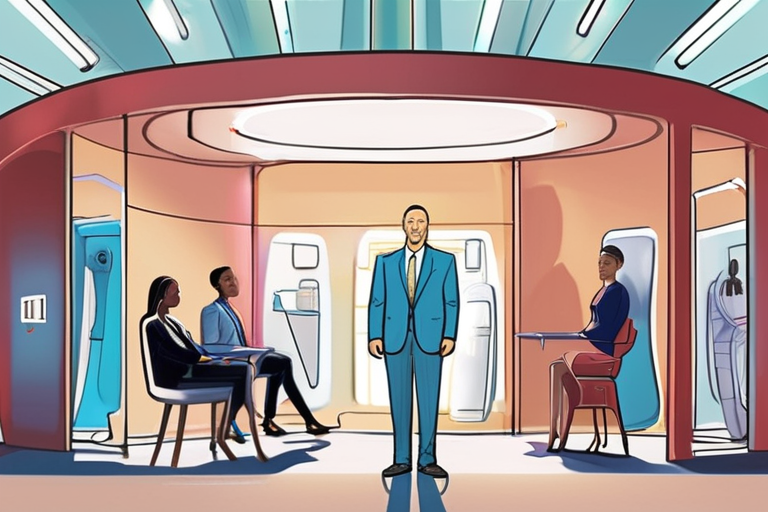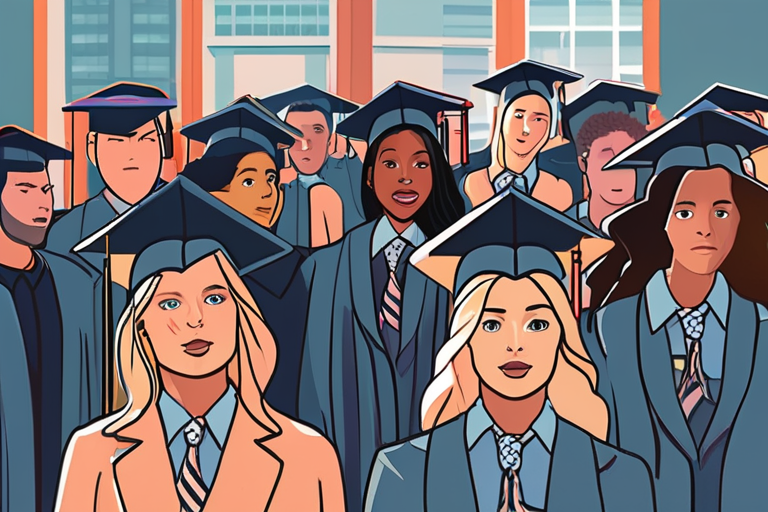Gen Z Employability Crisis Sparks Corporate Interventions to Teach Basic Life Skills


Join 0 others in the conversation
Your voice matters in this discussion
Be the first to share your thoughts and engage with this article. Your perspective matters!
Discover articles from our community

 Hoppi
Hoppi

 Hoppi
Hoppi

 Hoppi
Hoppi

 Hoppi
Hoppi

 Hoppi
Hoppi

 Hoppi
Hoppi

Shark Tank Star Robert Herjavec Credits Single Skill for Becoming Millionaire by 26 In a stark reminder of the changing …

Hoppi

Top Economists and Jerome Powell Agree: Gen Z's Hiring Nightmare is Real, but Not Due to AI In a stark …

Hoppi

Gen Z's Employability Concerns Spark Interventions by Companies and Colleges In a widely discussed op-ed published in The Wall Street …

Hoppi

Breaking News: Fed Chair Warns Gen Z Without Tech Skills Will Be Left Behind Federal Reserve Chairman Jerome Powell issued …

Hoppi

Gen Z Job Crisis: The Unintended Consequence of a Decades-Long Push for Higher Education The percentage of Americans with a …

Hoppi

AI-Driven Job Displacement: The Growing Concern for Entry-Level Tech Professionals The rise of artificial intelligence (AI) has brought about significant …

Hoppi